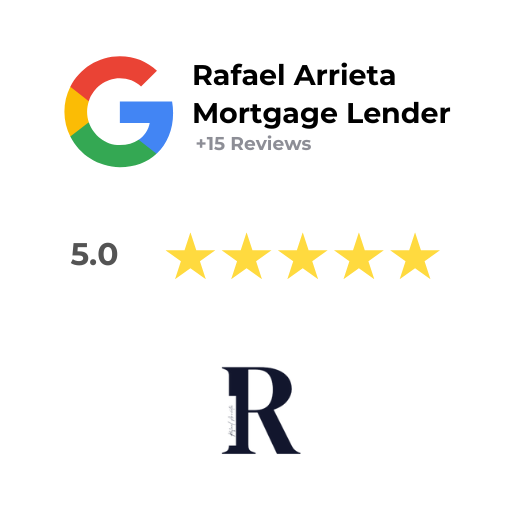 |
Why Buying a Home is a Better Choice Than Renting |
||||
|
When deciding between purchasing a home or continuing to rent, understanding the advantages of purchasing versus renting can guide you toward making the best financial decision. While renting offers flexibility, purchasing a home provides long-term financial benefits that make it a sound investment for many. This article explores key advantages of buying a home, helping you assess which option may be best for you. Building Equity Over TimeOne of the greatest advantages of purchasing a home is the ability to build equity. Each mortgage payment you make increases your ownership in the property, contrasting sharply with rent payments, which do not contribute to ownership. What is Home Equity?Home equity refers to the portion of your home that you truly own. As you pay down your mortgage, your equity increases, providing a financial asset that can be leveraged for future investments or loans. For instance, if you buy a home worth $300,000 and pay down your mortgage to $250,000, you have $50,000 in equity. This can be tapped into through home equity loans or lines of credit, offering you additional financial resources. Tax Benefits of HomeownershipAnother significant advantage of buying a home is the potential tax benefits. Homeowners can often deduct mortgage interest and property taxes from their taxable income. This can lead to substantial savings, especially in the early years of homeownership when interest payments are highest. Understanding Mortgage Interest DeductionThe mortgage interest deduction allows homeowners to deduct the interest paid on their home loan from their taxable income, which can substantially lower the amount of taxes owed. For example, if you pay $15,000 in mortgage interest in a year and are in the 22% tax bracket, you could save approximately $3,300 on your tax bill. Stability and ControlPurchasing a home offers stability and control that renting often does not. As a homeowner, you are not subject to rent increases or the possibility of having to move when a lease ends. This stability can be particularly important for families or individuals looking to establish roots in a community. Customizing Your SpaceHomeownership also allows for customization. You can modify your home to suit your tastes without needing landlord approval. Whether it’s painting walls, renovating a kitchen, or landscaping your yard, owning your home gives you the freedom to create a space that reflects your personality and lifestyle. Long-Term Investment PotentialReal estate has historically appreciated over time, making homeownership a potentially profitable investment. Unlike rent, which is a monthly expense with no return, homeownership can yield returns when you sell the property, as its value may increase. This appreciation is a key factor in building long-term wealth. Understanding Market TrendsWhile real estate markets can fluctuate, investing in a home often leads to long-term appreciation. For instance, properties in growing neighborhoods may appreciate significantly over time, providing homeowners with a solid return on investment. According to the Federal Housing Finance Agency (FHFA), home prices have risen an average of 3.5% annually over the last several decades. The Emotional Benefits of HomeownershipBeyond the financial advantages, owning a home can provide emotional benefits as well. Homeownership often fosters a sense of community and belonging. Homeowners tend to be more involved in their neighborhoods, contributing to local events and organizations. Creating a Safe HavenA home is often seen as a safe haven, a place where you can retreat from the stresses of life. The stability and predictability of homeownership can contribute to overall well-being and peace of mind. Families can create lasting memories in their homes, further enhancing their emotional connection to the property. The Importance of Long-Term PlanningWhile purchasing a home has many advantages, it’s also essential to consider long-term planning. Homeownership requires a significant financial commitment, and it’s important to ensure you are prepared for the responsibilities that come with it. This includes maintenance costs, property taxes, and insurance. Assessing Your Financial SituationBefore making the decision to purchase a home, assess your financial situation. Consider your income, expenses, and savings. A financial advisor can help you determine whether buying a home is a sound decision based on your personal circumstances. ConclusionIn conclusion, while renting may be suitable for certain circumstances, the advantages of purchasing versus renting are substantial. Building equity, enjoying tax benefits, achieving stability, and having a long-term investment can make homeownership a rewarding choice. Consider these factors carefully to determine what is best for your financial future. If you are ready to take the next step, reach out to a mortgage professional to explore your options and begin your journey toward homeownership. |
||||
|
|
||||
|
Disclaimer: ©2024 Rafael Arrieta Mortgage Lender. All rights reserved. |
||||
 |
||||


